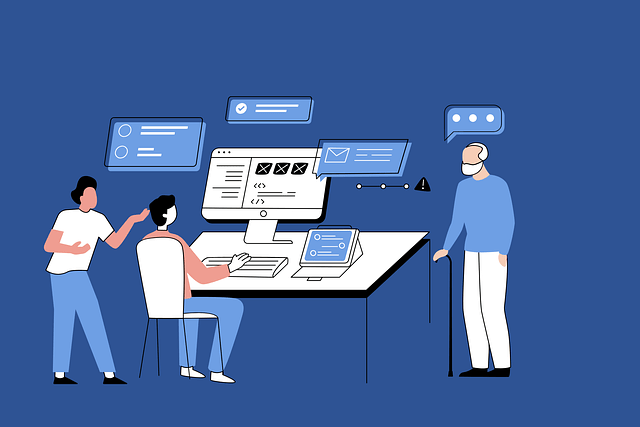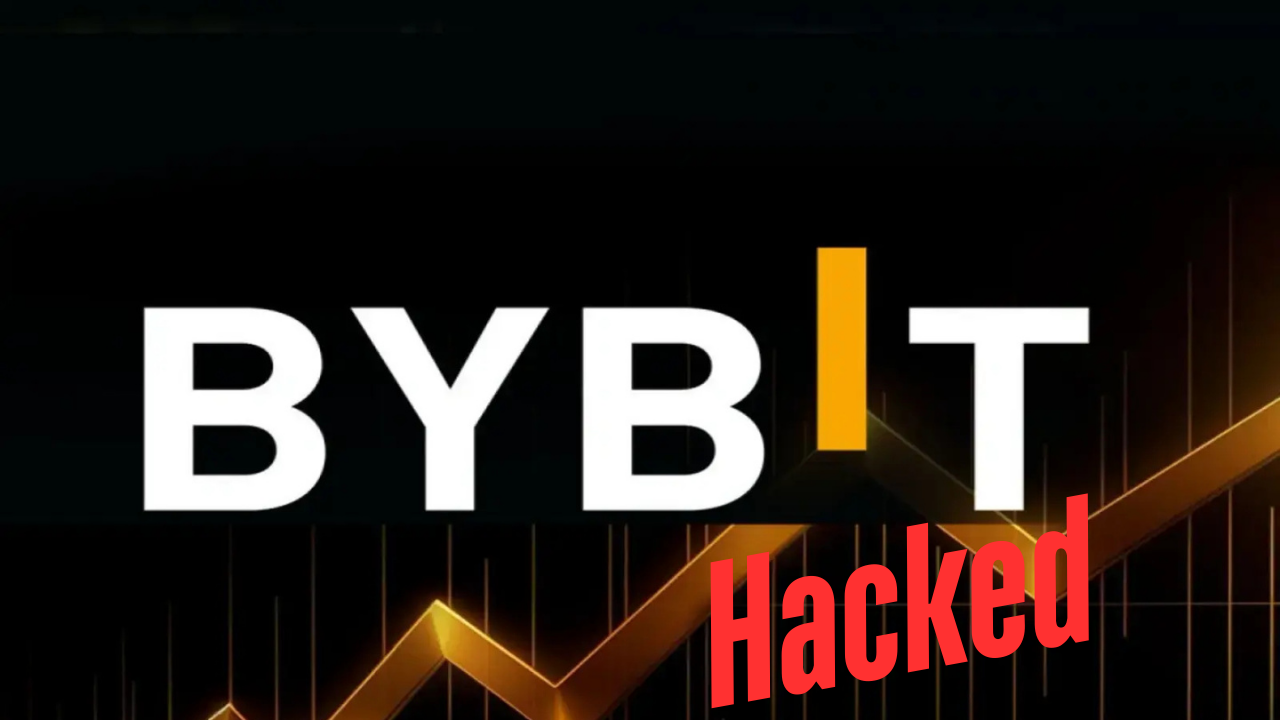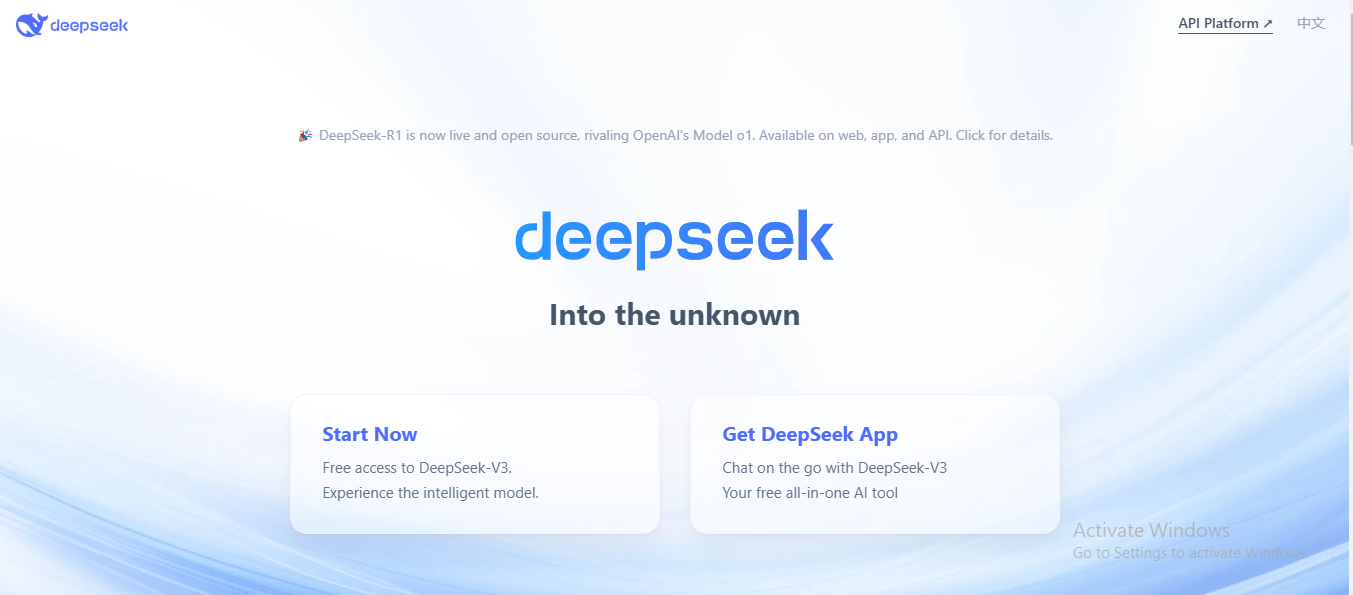Why Do Some Websites Not Work with VPNs?

In today’s digital world, protecting your online privacy is crucial, and many people turn to Virtual Private Networks (VPNs) for help. VPNs offer several benefits like encrypting your data, hiding your IP address, and allowing access to geo-restricted content. However, you might have noticed that some websites don’t work when you’re using a VPN. Let’s dive into why this happens and what you can do about it.
Common Reasons Websites Block VPNs
- Geo-Restrictions and Licensing Agreements
Streaming services like Netflix, Hulu, and BBC iPlayer often block VPNs. These platforms have licensing agreements that restrict certain content to specific regions. They use technology to detect and block VPN IP addresses to comply with these agreements. If a VPN server is recognized and blacklisted, you won’t be able to access the content.
- Preventing Fraud and Abuse
Websites handling sensitive information, such as online banking and shopping sites, often block VPNs to prevent fraud. VPNs can mask a user’s true location, making it hard for these sites to detect suspicious activities, like multiple logins from different locations in a short period. By blocking VPNs, these sites aim to improve security and reduce fraudulent activities.
- Compliance with Government Regulations
Some countries impose strict regulations on internet usage, requiring websites to block VPNs to monitor and control online activities. In countries with heavy internet censorship, such as China and Iran, websites may block VPNs to follow local laws. This prevents users from bypassing government restrictions with VPNs.
- Mitigating Spamming and Cyberattacks
Websites, especially forums and social media platforms, may block VPNs to prevent spamming and cyberattacks. VPNs can be used by spammers and hackers to hide their identities, making it difficult to block them. By restricting VPN access, these websites aim to maintain a safer online environment.
How Websites Detect and Block VPNs
Websites use several methods to identify and block VPN traffic:
- IP Blacklisting: Websites keep databases of known VPN IP addresses and block them. VPN providers frequently change their IP addresses, but popular servers can still get blacklisted quickly.
- Deep Packet Inspection (DPI): Some websites use DPI to analyze data packets for signs of VPN usage. DPI can detect specific VPN protocols and block the traffic.
- DNS Filtering: By examining DNS requests, websites can determine if a user is accessing their service through a VPN and block the request if a VPN is detected.
Solutions to Bypass VPN Blocks
Facing blocked websites can be frustrating, but there are several ways to get around these restrictions:
- Switch Servers
Most VPN services offer multiple servers in different locations. If one server is blocked, switching to another can often solve the problem. Try servers in different countries to find one that works.
- Use Obfuscated Servers
Some VPN providers have obfuscated servers designed to disguise VPN traffic as regular internet traffic. These servers can help bypass blocks implemented by websites using DPI techniques.
- Choose a Less Popular VPN
Mainstream VPNs are more likely to have their IP addresses blacklisted due to their large user base. Opting for a smaller, less popular VPN service can reduce the likelihood of encountering blocked websites.
- Contact Customer Support
If you’re having consistent issues with a particular website, reach out to your VPN provider’s customer support. They may have specific servers or configurations that can help bypass the block.
- Use a Dedicated IP Address
Some VPN services offer dedicated IP addresses for an additional fee. Since these IP addresses are not shared with other users, they are less likely to be blacklisted by websites.
Conclusion
VPNs are essential tools for online privacy and security, but they can sometimes run into obstacles when accessing certain websites. Understanding why websites block VPNs and knowing how to bypass these restrictions can help you maintain a secure and unrestricted online experience. Stay informed and proactive to keep enjoying the benefits of your VPN.
Feel free to share your experiences or ask questions in the comments below. Stay safe and secure online!
Loading newsletter form...






